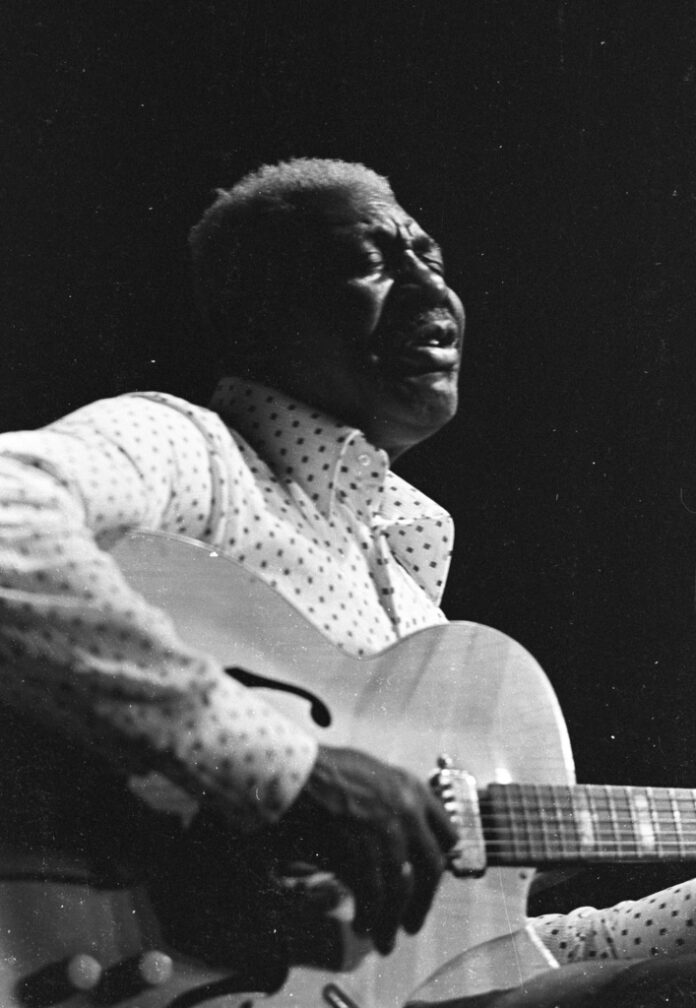
FRANKTOWN, Va. (AP) — Arthur “Big Boy” Crudup helped invent rock ‘n’ roll.
His 1946 song “That’s All Right” would become the first single Elvis Presley ever released. Rod Stewart would sing it on a chart-topping album. Led Zeppelin would play it live.
But you wouldn’t have known it if you saw Crudup living out his later years on Virginia’s Eastern Shore, dressed in coveralls and leading a crew picking cucumbers, tomatoes and sweet potatoes.
The Mississippi-born blues musician died 50 years ago, leaving behind one of the starker accounts of 20th century artist exploitation. As the 70th anniversary of Presley’s recording of ”That’s All Right” approaches Friday — July 5, considered a cultural milestone — here are some key takeaways from the AP’s story on Crudup:
Why did Crudup make so little money?
Crudup didn’t hold the rights to his own songs. His original manager did. And that was common practice back then.
Lester Melrose had initially signed and managed Crudup.
“I wouldn’t record anybody unless he signed all his rights in those tunes over to me,” he once said, according to Alan Lomax’s book “Mister Jelly Roll.”
Many Black musicians signed over copyrights or were forced to share them, Southwestern Law School professor Kevin J. Greene told The Associated Press.
“A huge chunk of what we’re talking about in terms of exploitation is still under copyright,” said Greene, who testified before a California reparations task force.
In 1971, Downbeat magazine estimated that Crudup should have earned $250,000 — $2 million today — from “That’s All Right” as well as “My Baby Left Me,” which Creedence Clearwater Revival recorded. High Fidelity was more conservative, writing in 1972 that Crudup’s total royalties would’ve been around $120,000 — still more than $900,000 today.

